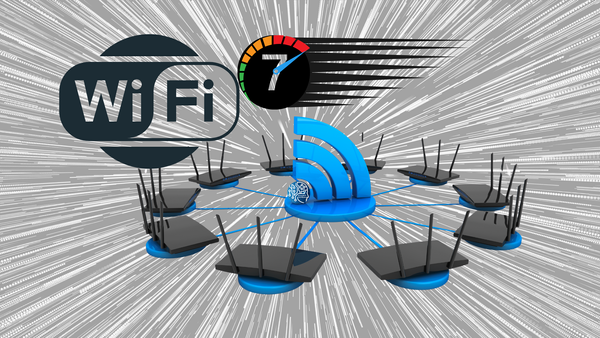What Is Agentic AI? Here's a Fresh Perspective
Agentic AI is seriously shaking things up in how we think about technology and its role in our daily lives and industries. The rise of this new form of artificial intelligence represents a major change in how we perceive machine capabilities and their possible uses.

In the rapidly evolving AI scene, there's a cool new idea catching on - Agentic AI. Unlike the usual AI that just follows set instructions, Agentic AI lets machines think and make decisions on their own. This game-changing approach combines decision-making with cutting-edge algorithms, enabling systems to work independently while still sticking to what humans want. Let's take a peek into what Agentic AI is all about, its potential impact, and how it's set to shake up different industries.
Understanding Agentic AI
Agentic AI is all about systems that can make smart choices using complex data. Unlike traditional AI, which just follows set rules, Agentic AI thinks, learns, and even uses intuition to handle different situations. This advancement means machines can look at tricky scenarios, weigh their options, and pick the best actions without needing us to tell them what to do.
For instance, consider how an AI-powered healthcare system may evaluate thousands of patient records to suggest a diagnosis. By leveraging advanced algorithms and machine learning techniques, these systems can analyze vast datasets that encompass a diverse range of medical histories, symptoms, and treatment outcomes. This capability allows AI to identify patterns and correlations that might be imperceptible to human practitioners.
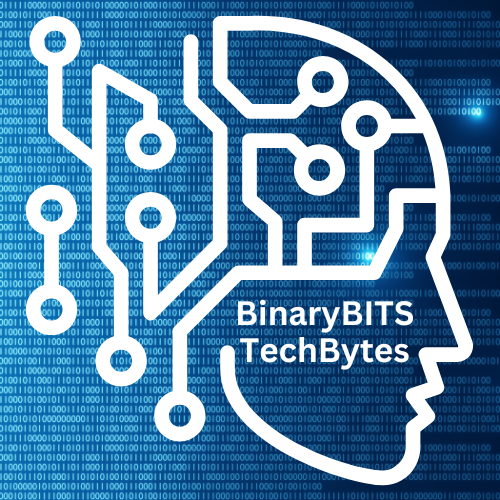
Research shows that AI diagnostic tools can outperform human specialists in certain areas, achieving accuracy rates up to 95% in identifying diseases like skin cancer. This remarkable level of accuracy is particularly significant in dermatology, where early detection of skin cancer is crucial for effective treatment and improved patient prognosis. The AI systems utilize image recognition technology to assess dermatological images, comparing them against extensive databases of previously diagnosed cases. Consequently, they can not only suggest potential diagnoses but also prioritize cases based on urgency, thus optimizing the workflow in clinical settings. The integration of AI in healthcare not only enhances diagnostic precision but also empowers healthcare professionals by providing them with data-driven insights that can inform their clinical decisions, ultimately leading to better patient outcomes.
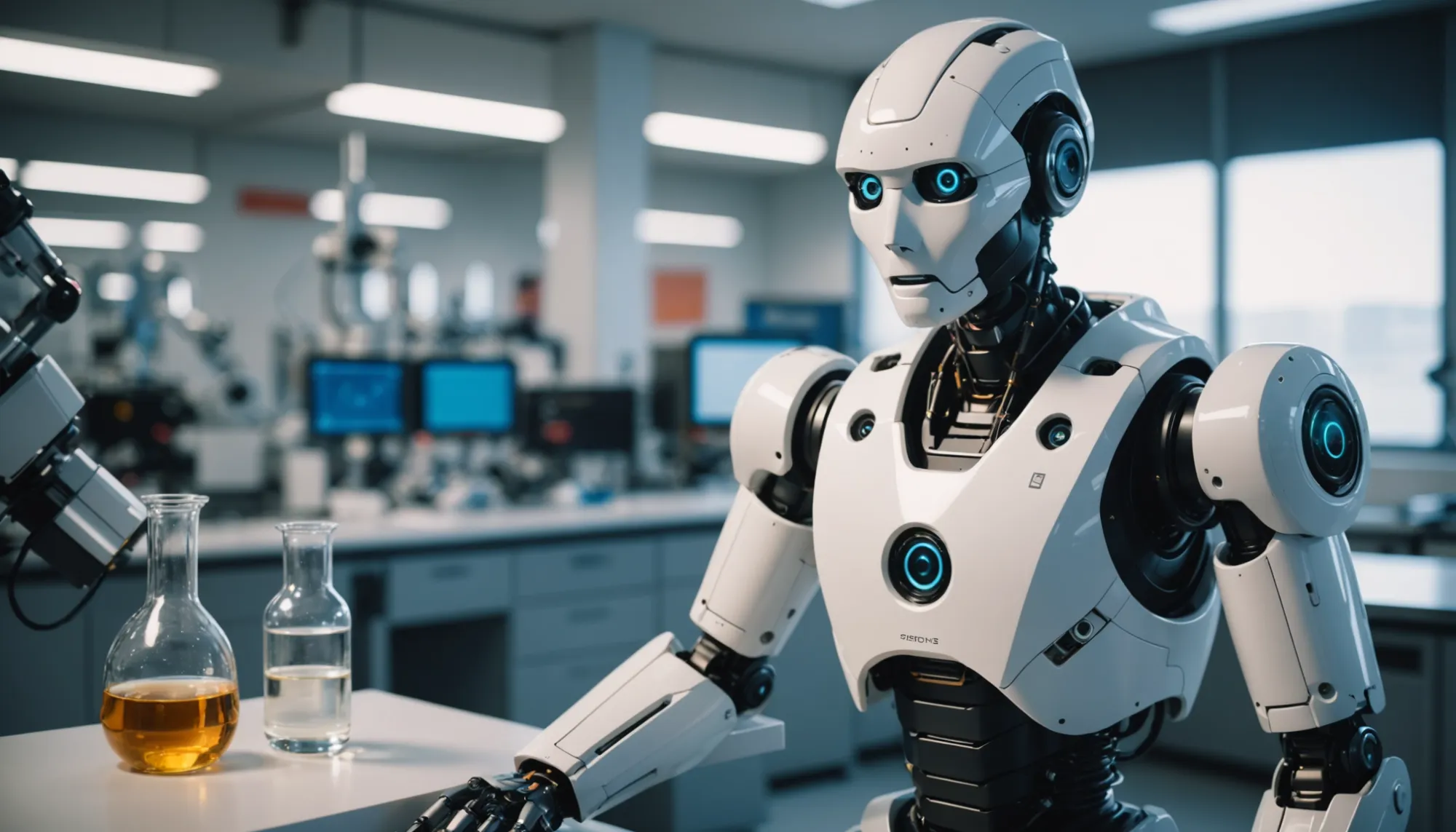
The Rise of Autonomy
Agentic AI is seriously shaking things up in how we think about technology and its role in our daily lives and industries. The rise of this new form of artificial intelligence represents a major change in how we perceive machine capabilities and their possible uses. With autonomy, machines are now equipped with the intelligence and sophistication necessary to make decisions independently, without the need for constant human oversight or intervention. This new level of independence is not merely a result of random advancements; it stems from the development of robust algorithms that are designed to process information efficiently and effectively. These algorithms enable machines to analyze vast datasets, recognizing patterns and drawing conclusions that would be challenging for humans to achieve in the same timeframe.
“Some people worry that artificial intelligence will make us feel inferior, but then, anybody in his right mind should have an inferiority complex every time he looks at a flower.” —Alan Kay
Take autonomous vehicles as a prime example. Instead of merely following programmed routes, Agentic AI allows these cars to continuously adapt to road conditions, identify obstacles, and predict the behavior of nearby vehicles. A recent study found that autonomous vehicles equipped with such AI can reduce accidents by up to 30%, making our roads safer and improving overall transportation efficiency (See our recent article on Autonomous Vehicles).
The effectiveness of agentic AI is strengthened by the availability of enormous amounts of data, which serve as the foundation for training these systems. This data, gathered from a wide array of sources, allows AI to learn from real-world scenarios and adapt to new information rapidly. Advanced learning techniques, such as deep learning and reinforcement learning, play a crucial role in enhancing the capabilities of agentic AI, allowing it to improve its performance over time through experience. As a result, we are witnessing a transformation in industries ranging from healthcare to finance, where these autonomous systems are not just tools but are becoming integral decision-makers that can optimize processes, enhance productivity, and even innovate solutions to complex problems. Agentic AI is a big deal, making us rethink ethics, accountability, and how we'll work with machines in the future.
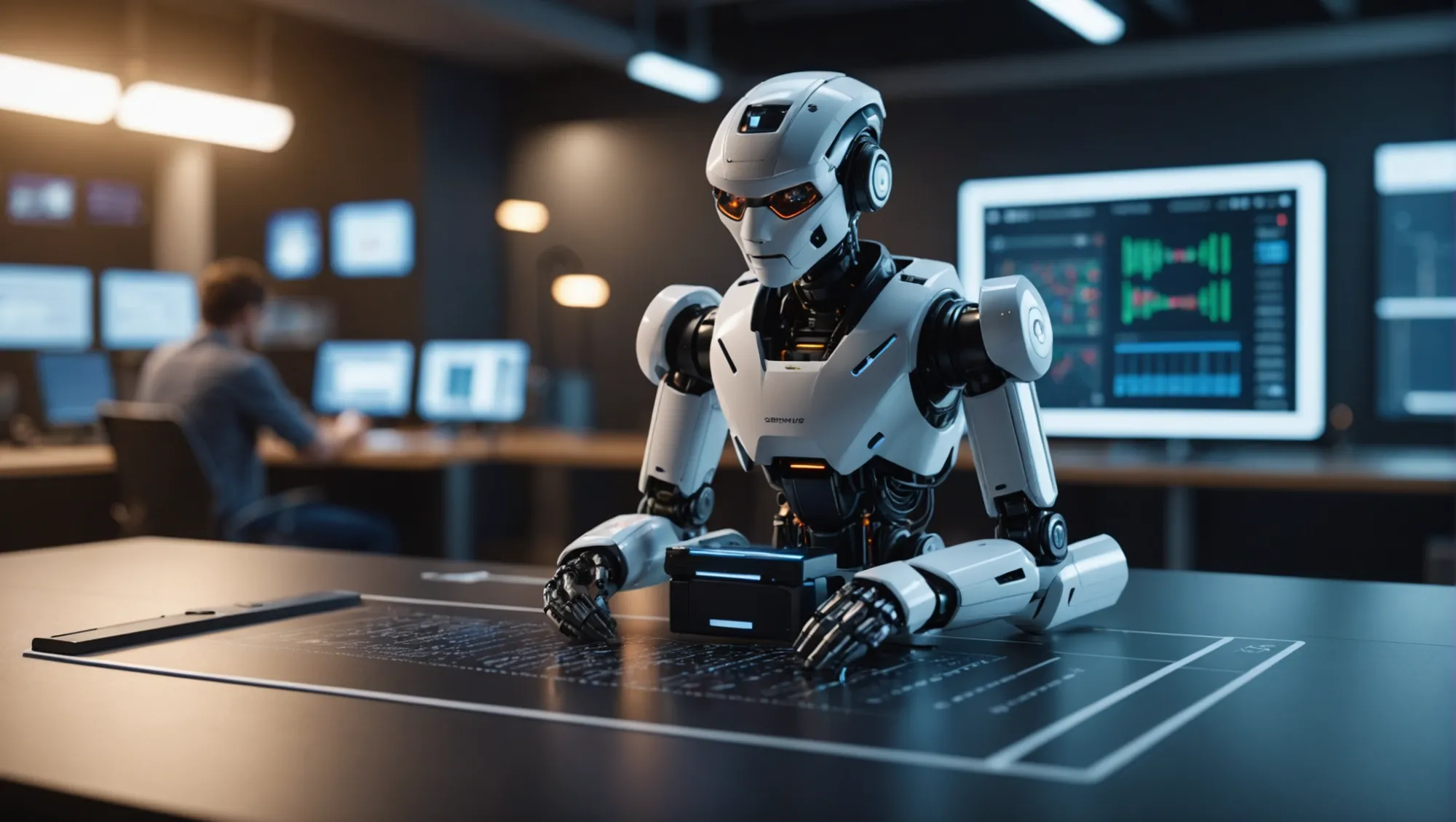
Real-world Applications of Agentic AI
Agentic AI has numerous practical applications that are already making a significant impact. Here are a few areas where it is reshaping industries:
- Healthcare: AI-driven diagnostic tools analyze patient data and provide fast, accurate treatment suggestions. Hospitals utilizing Agentic AI have reported a reduction in diagnostic errors by as much as 20%.
- Manufacturing: Smart factories implement Agentic AI to streamline production lines and optimize supply chains. Reports show companies using such systems can achieve up to 25% cost savings by minimizing waste and enhancing operational efficiency.
- Finance: In finance, Agentic AI assesses market trends and automates trading strategies, resulting in quicker and more data-driven decisions. Firms employing these technologies have seen an increase in profit margins by approximately 15% due to smarter analysis and execution.
While these examples illustrate the promise of Agentic AI, they also raise important questions. Ensuring that these systems are implemented ethically, while also addressing concerns about accountability and bias, is crucial.
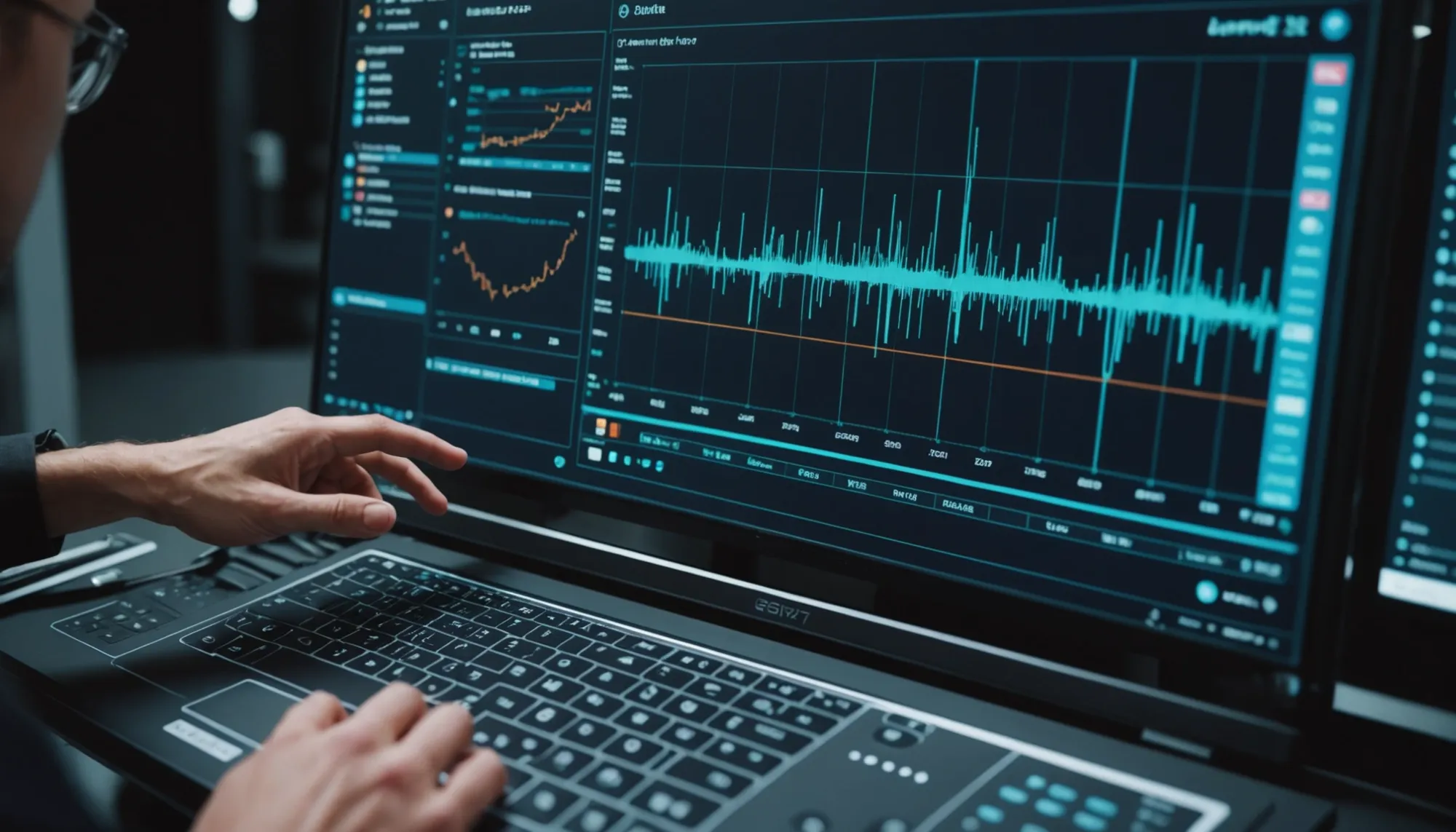
Potential Challenges and Considerations
As we learn to harness the power of Agentic AI, we must address several ethical dilemmas:
- Accountability: If an AI system makes a mistake, who is responsible? Determining liability for these systems' actions can be extremely challenging.
- Bias: AI learns from data, and if that data is biased, so will the AI's decisions be. For example, a study showed that if AI systems used biased training data, they can result in biased hiring practices, emphasizing the need for fairness.
- Privacy: As Agentic AI systems gather and analyze massive amounts of data, protecting user privacy is a pressing concern. Striking a balance between data innovation and individual privacy rights is essential for public trust.
These challenges, seen right across the world of AI, highlight the need for careful regulation and robust ethical frameworks to ensure that the deployment of Agentic AI benefits society.
“I’m increasingly inclined to think that there should be some regulatory oversight, maybe at the national and international level, just to make sure that we don’t do something very foolish. I mean with artificial intelligence we’re summoning the demon.” — Elon Musk
The Future of Agentic AI
Looking to the future, the potential for Agentic AI appears limitless. Ongoing research in machine learning and cognitive computing is poised to enhance the abilities of these systems.
Picture a future where virtual assistants, powered by super-smart AI, take care of everything from boring scheduling stuff to tricky strategic decisions that need deep thinking and planning. These smart systems wouldn't just keep track of our calendars and remind us about important meetings and deadlines; they'd also look at how we work to make our schedules as efficient as possible. They could check our workload, figure out which tasks are most urgent and important, and even suggest the best times for breaks to boost our productivity. This would let us focus our brainpower on creative things like coming up with new ideas, working on artistic projects, or engaging with others in ways that need human intuition and emotional smarts.
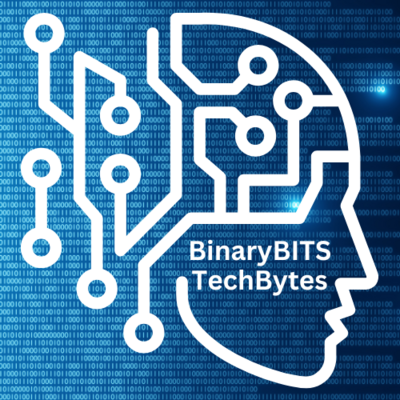
Follow Us in the Fediverse!
Imagine smart spaces where everything is connected, and all your devices and apps chat with each other effortlessly. In these environments, the lines between different industries would fade as tech makes collaboration easier than ever. Take a smart office, for example - sensors could keep an eye on things like lighting and temperature, tweaking them on the fly to create the perfect vibe for creativity and focus. Plus, virtual and augmented reality could spice up brainstorming sessions, letting teams from different fields visualize ideas and share insights in cool, immersive ways. This kind of connectivity wouldn't just boost productivity; it would also spark innovation, as diverse teams could easily team up on projects, tapping into a wide range of skills and viewpoints. We don't even have to try and imagine it - it's happening in business and homes all over the globe as we speak.

As virtual assistants become more sophisticated, they could take on more and more roles that involve predictive analytics, helping businesses to forecast trends and make informed strategic decisions. AI assistants, like ChatGPT, are already in use, analyzing market data, risk factors, customer feedback, and social media trends to provide actionable insights that guide product development and marketing strategies. This empowers organizations to respond swiftly and effectively to changes in the market, ultimately driving growth and competitiveness. As it is put in use more prominently, and as the technology further develops, human workers will be liberated from the constraints of routine tasks, enabling them to invest their time and skills in areas that require creativity, critical thinking, and emotional engagement.
Imagine a future where humans and cutting-edge tech team up to create a buzzing hub of innovation. With smart environments and savvy virtual assistants, the way we work and team up could totally change, kicking off a new age of productivity that puts creativity and strategy front and center, instead of just mundane tasks. As we dive into this exciting future, both individuals and organizations can look forward to a big shift in how work gets done, making the professional world more rewarding and efficient.
However, realizing this future requires commitment. A collaborative effort among technologists, ethicists, and policymakers is essential to shape a world where Agentic AI can thrive while addressing ethical concerns effectively.

Embracing the AI Revolution
Agentic AI marks a new frontier in technology, combining innovation with ethical considerations. These systems have the ability to make autonomous decisions and hold tremendous potential in various sectors. As we delve into this new reality, prioritizing ethical considerations and engaging in open conversations about the implications of these technologies will pave the way.
The journey into the world of Agentic AI is just beginning. By staying informed and involved, society can harness its potential for the greater good and lead us toward a future characterized by greater autonomy, efficiency, and creativity. Let us know in the comments if you are ready to work alongside AI and embrace the future of technology.






